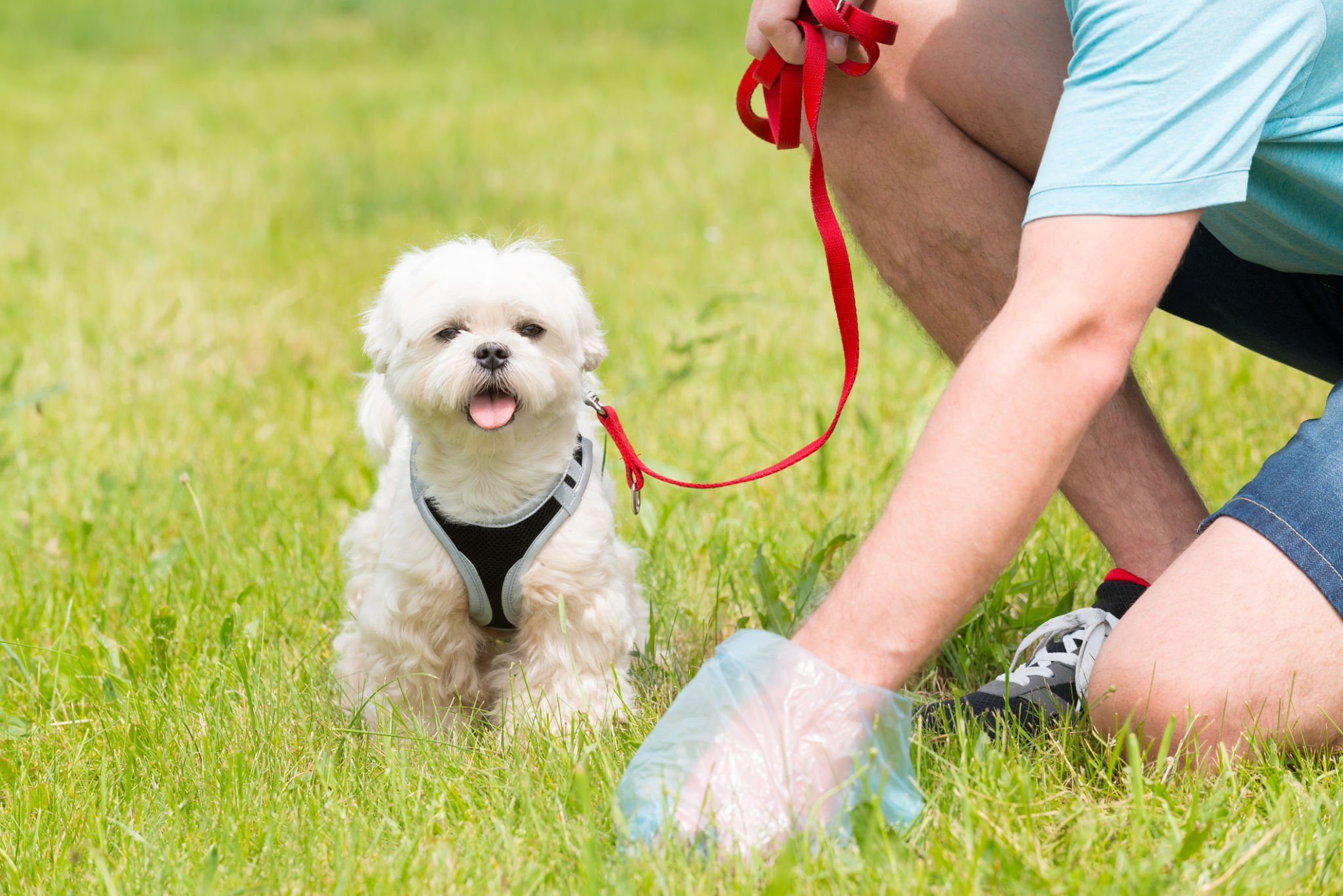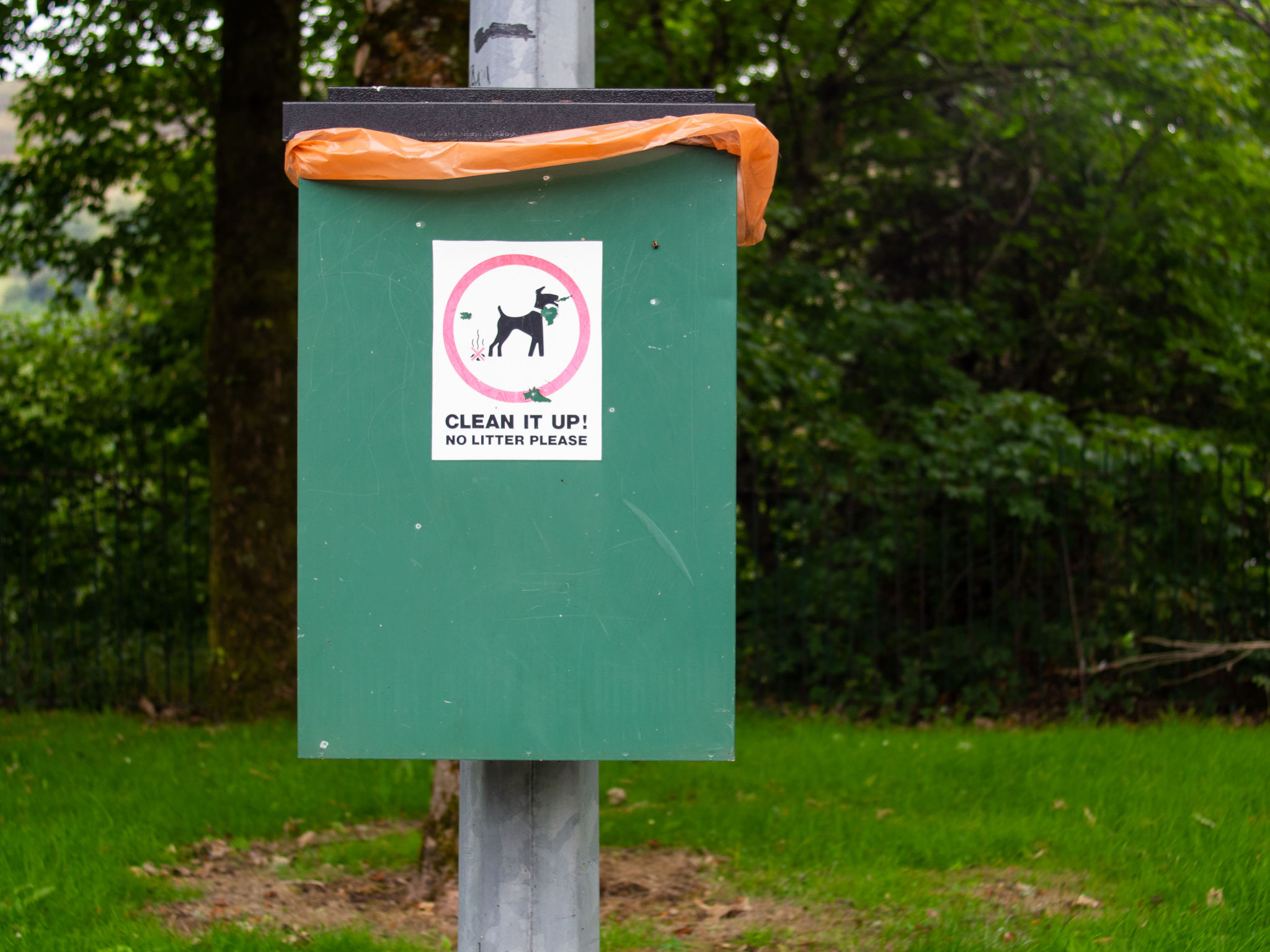Top 5 Myths About Dog Waste Removal Debunked
Myth #1: Dog Waste is a Natural Fertilizer
One of the most common misconceptions about dog waste is that it acts as a natural fertilizer for lawns and gardens. While animal manure can be beneficial, dog waste is quite different. It is high in protein content, which can lead to nitrogen overload in the soil. This can cause grass burn and hinder plant growth, rather than enhancing it.

Myth #2: Leaving Dog Waste is Harmless to the Environment
Another prevalent myth is that leaving dog waste in the open has no environmental impact. In reality, dog feces can contribute to water pollution. When rain washes over waste, it can carry harmful bacteria and parasites into local water systems, affecting both wildlife and human health.
Impact on Water Bodies
Dog waste is full of harmful pathogens like E. coli and Giardia, which can contaminate water bodies. This not only affects aquatic life but also poses serious health risks to humans. Proper disposal of dog waste is crucial to prevent these environmental hazards.
Myth #3: It's Okay to Leave Dog Waste in the Park
Some dog owners believe it's acceptable to leave their pet's waste in public areas like parks, thinking nature will take care of it. However, this practice can make public spaces unpleasant and unsanitary for others. Parks are community spaces, and it's essential to keep them clean for everyone's enjoyment.

Myth #4: Dog Waste is Biodegradable and Breaks Down Quickly
Many people assume that because dog waste is organic, it will decompose quickly without any intervention. However, the breakdown process can take much longer than expected, especially in colder climates. During this time, it continues to pose health risks and create unpleasant odors.
Importance of Timely Cleanup
Timely removal of dog waste is vital to maintain hygiene and prevent long-lasting effects on the environment. Using biodegradable bags for disposal helps reduce the ecological footprint and ensures cleanliness.
Myth #5: Cleaning Up Dog Waste is Only About Aesthetics
Some might think that picking up after your dog is merely about keeping areas looking tidy. In truth, it's primarily about health and safety. Dog waste can harbor diseases that are transferable to both humans and other animals, making cleanup a public health necessity.

Health Implications
Beyond aesthetics, dog waste can transmit diseases such as Parvovirus and Salmonella. Regular cleanup is essential to prevent these diseases from spreading in neighborhoods and parks.
In conclusion, understanding the facts behind these myths can encourage more responsible pet ownership and contribute to a healthier environment for everyone. Regularly cleaning up after your dog ensures community spaces remain clean, safe, and enjoyable for all.